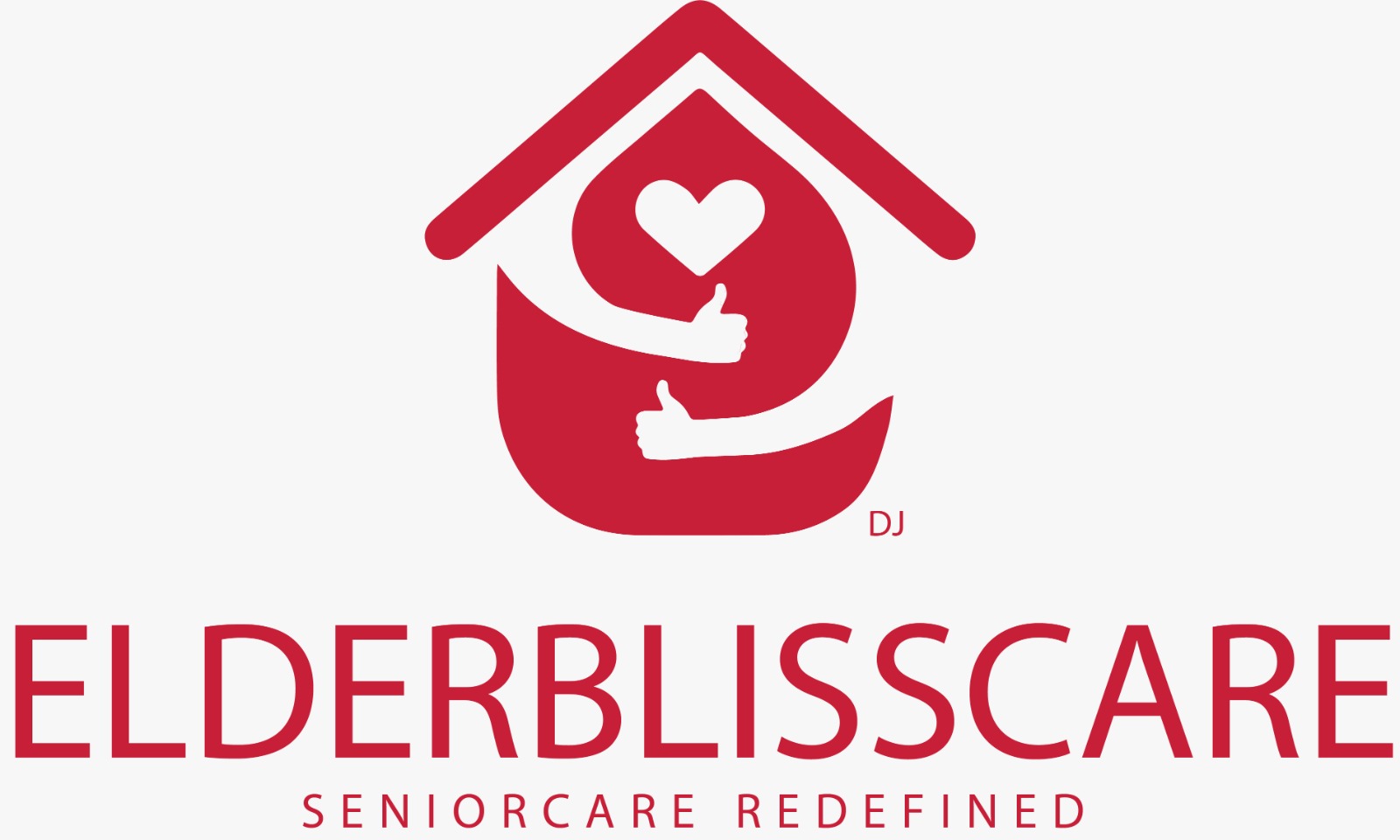Tackling Hypertension : A Comprehensive Approach
Hypertension, or high blood pressure, is a common condition where the force of blood against the walls of the arteries is consistently too high. If left untreated, hypertension can lead to serious health problems like heart disease, stroke, kidney damage, and vision loss. Fortunately, hypertension can often be controlled through a combination of lifestyle changes, medical treatments, and regular monitoring. Here’s a breakdown of how to tackle hypertension effectively:
1. Healthy Eating Habits
Diet plays a significant role in managing and preventing hypertension. Certain foods can help lower blood pressure, while others can worsen the condition.
- Reduce Sodium Intake: Excess salt is a major contributor to high blood pressure. Reducing sodium consumption by avoiding processed foods, canned soups, and fast foods can help control blood pressure.
- Increase Potassium-Rich Foods: Potassium helps balance the effects of sodium. Foods like bananas, potatoes, spinach, and beans are excellent sources of potassium.
- Adopt the DASH Diet: The Dietary Approaches to Stop Hypertension (DASH) diet focuses on fruits, vegetables, whole grains, lean proteins, and low-fat dairy while limiting salt, sugar, and unhealthy fats.
- Limit Alcohol and Caffeine: Excessive alcohol and caffeine can elevate blood pressure, so moderating consumption is important for controlling hypertension.
2. Regular Physical Activity
Exercise is one of the most effective ways to manage high blood pressure. Physical activity helps strengthen the heart, improve circulation, and reduce stress—all of which contribute to healthy blood pressure levels.
- Aerobic Exercises: Activities like walking, jogging, cycling, swimming, or dancing can help lower blood pressure. Aim for at least 150 minutes of moderate-intensity aerobic activity per week.
- Strength Training: Incorporating resistance exercises (such as lifting weights or using resistance bands) 2-3 times a week can help improve blood pressure.
- Consistency: Regular exercise, rather than sporadic intense workouts, is key to maintaining healthy blood pressure.
3. Weight Management
Excess weight can increase the strain on the heart and lead to higher blood pressure. Maintaining a healthy weight through diet and exercise can help lower blood pressure.
- Achieve a Healthy Weight: Even a modest weight loss of 5-10% of body weight can have a significant impact on lowering blood pressure.
- Monitor Body Mass Index (BMI): Maintaining a BMI within the normal range (18.5-24.9) is essential for overall cardiovascular health.
4. Stress Management
Chronic stress is a known factor in raising blood pressure, as it leads to temporary spikes in blood pressure and encourages unhealthy coping behaviors like overeating or excessive drinking. Learning how to manage stress can help control hypertension.
- Mindfulness and Relaxation Techniques: Practices like meditation, yoga, deep breathing exercises, and progressive muscle relaxation can reduce stress and help lower blood pressure.
- Adequate Sleep: Poor sleep can contribute to hypertension, so aim for 7-9 hours of quality sleep each night.
- Social Support: Spending time with family, friends, or support groups can also help reduce stress and improve emotional well-being.
5. Medication Management
For some people, lifestyle changes alone may not be enough to control blood pressure. Medications can play a crucial role in managing hypertension, and it’s essential to take them as prescribed by a healthcare provider.
- Common Medications for Hypertension:
- Diuretics (Water Pills): Help the body eliminate excess sodium and fluid, reducing blood volume and pressure.
- ACE Inhibitors/ARBs: Help relax blood vessels and lower blood pressure.
- Calcium Channel Blockers: Reduce the amount of calcium entering heart and blood vessel cells, relaxing the blood vessels and reducing pressure.
- Beta-Blockers: Reduce the heart rate and the amount of work the heart does, lowering blood pressure.
- Adherence to Medication: It’s crucial to take medications regularly, even if you feel fine, to maintain consistent blood pressure control.
6. Regular Monitoring of Blood Pressure
Monitoring blood pressure at home is an effective way to track progress and ensure that treatment plans are working.
- Home Blood Pressure Monitoring: Using a home blood pressure monitor allows individuals to check their blood pressure regularly and identify any changes in their condition.
- Frequent Doctor Visits: Regular check-ups with a healthcare provider are essential to monitor blood pressure, adjust medications if needed, and prevent complications.
7. Avoid Smoking
Smoking damages the blood vessels and increases heart rate, which can contribute to higher blood pressure. Quitting smoking is one of the most beneficial steps you can take to reduce hypertension and improve overall heart health.
- Support to Quit Smoking: Programs, medications, and counseling can help individuals quit smoking, which can improve blood pressure and reduce the risk of heart disease and stroke.
8. Limiting Sugar and Refined Carbs
Diets high in sugar and refined carbohydrates (like white bread, pasta, and sugary drinks) can lead to weight gain and increase the risk of hypertension.
- Limit Added Sugars: Try to reduce or eliminate sugary beverages, processed snacks, and foods high in refined sugar, which can contribute to weight gain and increase blood pressure.
- Whole Grains: Opt for whole grains over refined grains to help maintain healthy blood pressure levels and manage weight.
9. Support and Education
Education plays a key role in understanding how lifestyle choices impact blood pressure. Support from healthcare professionals, family, and community groups can help individuals manage their hypertension effectively.
- Health Education: Learning about blood pressure, its risks, and how to manage it can empower individuals to make healthier choices.
- Support Groups: Connecting with others who are managing hypertension can provide encouragement, advice, and motivation to stick to a treatment plan.
Tackling hypertension requires a multifaceted approach involving lifestyle changes, medication, and regular monitoring. By focusing on a healthy diet, regular physical activity, weight management, stress reduction, and medication adherence, individuals can effectively manage high blood pressure. Regular check-ups with healthcare professionals and support from loved ones are essential for maintaining long-term heart health and reducing the risk of complications associated with hypertension.



